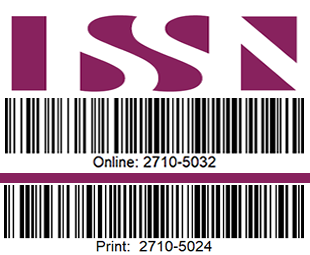برصغیر کے مرتدین: تاریخی تناظرمیں تحقیقی جائزہ
Apostates of the Subcontinent: A Research Review in the Historical Perspective
Keywords:
Apostasy, Subcontinent, Introduction of ApostatesAbstract
These days, the Islamic world faces several challenges, including a lack of governmental centralization, economic decline, sectarian turmoil, prejudice, intellectual coherence, ignorance of religious sciences, and disinterest in modern sciences. No awareness or paying no attention to these problems is another issue. In addition to these issues, the younger generation is becoming more and more apostasy-oriented. This is a matter that all Muslim states are dealing with. The Subcontinent's Muslims are likewise affected by this issue. Following the British domination of the Subcontinent, Muslims began to convert to other religions rapidly. Initially, the majority of Muslims converted to Christianity; however, throughout time, they also began to accept Hinduism, and currently, a large number of Muslims are becoming the victims of atheism as a result of advancements in science. Perhaps there wouldn't have been as much loss if these Muslims had abandoned Islam, but instead of doing so, they practically became enemies of Islam. Some apostates produced books, some founded study centers, and others founded worldwide nongovernmental organizations (NGOs) to offer other apostates every convenience. To make the readers aware of some of these apostates' activities, this short article briefly introduces them.













